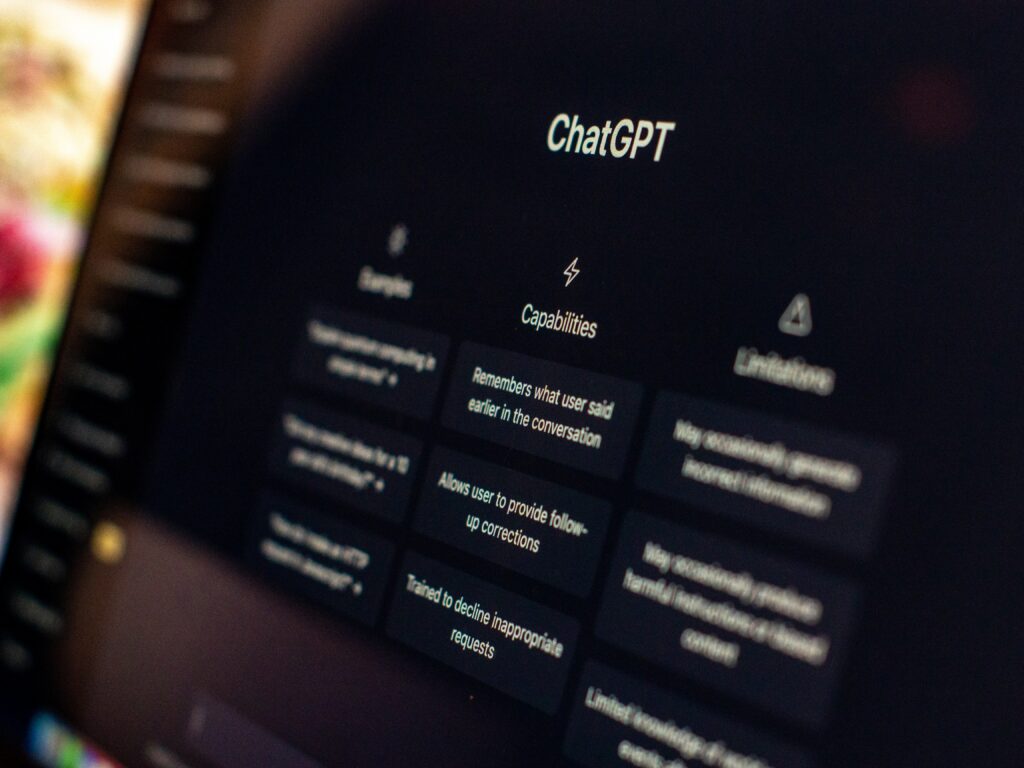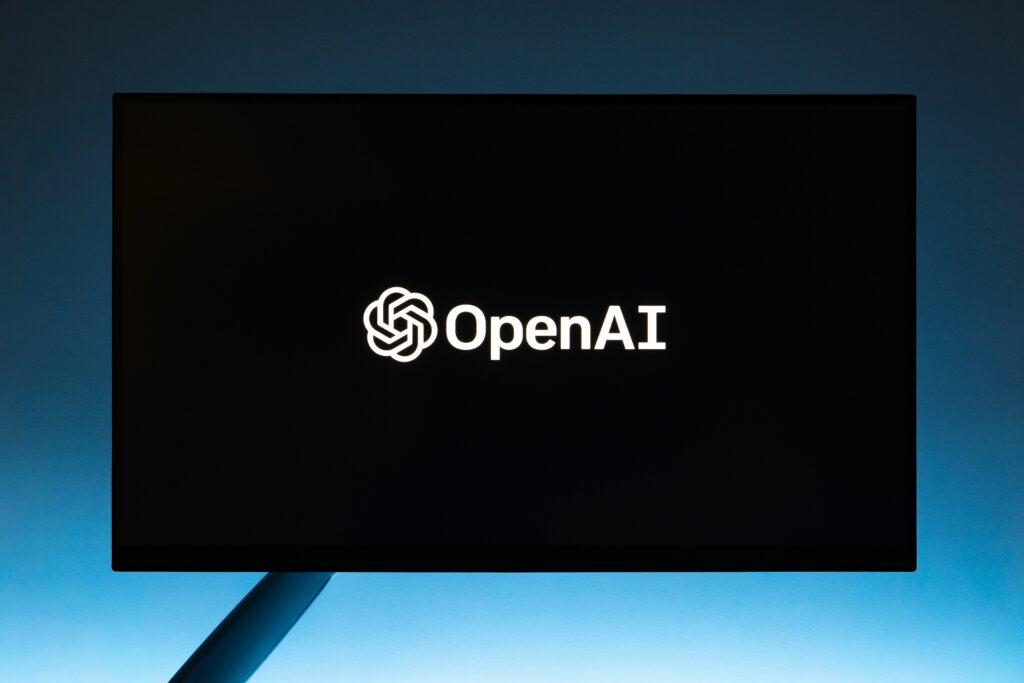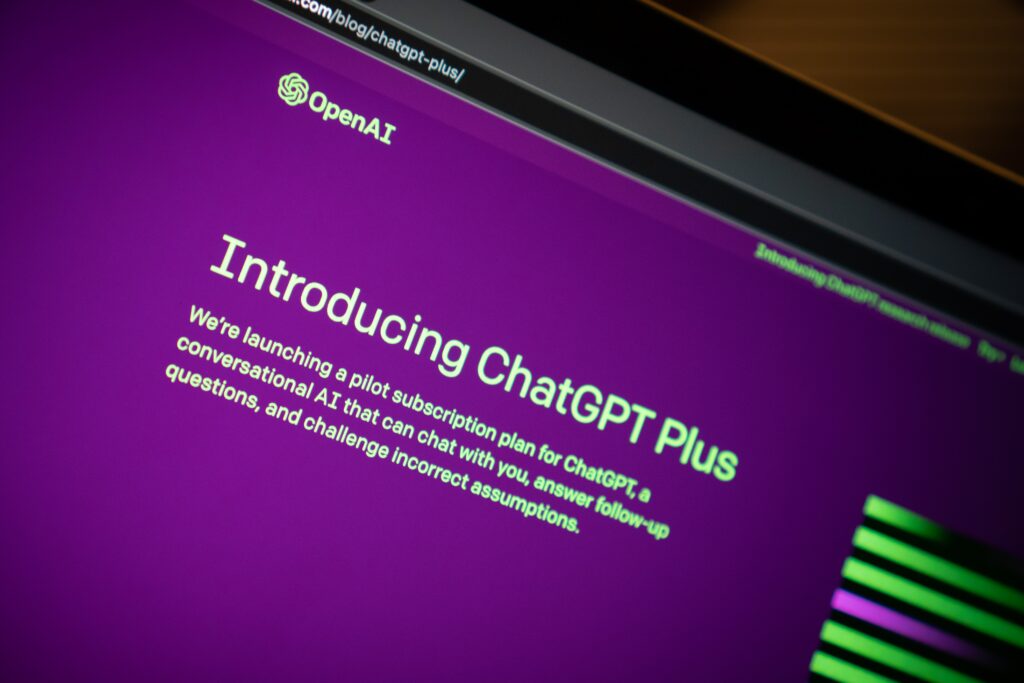As the course has progressed, project signup has occurred, and different topics of educational technology have been spoken about, I have decided to change my topic from my previous blog post. In my last blog post, I identified that I was primarily interested in accessibility, teacher-student relationships, and collaboration in the field of Educational Technology. Although these topics do still interest me and I intend to learn more about them, my partner and I have decided that for the time being, we will research and explore the use/potential use of AI in Education. This is a massive topic and needs to be broken down so we have decided to specify our research on how AI can be used as a tool to support teachers.
In my research so far, I have read three different articles. The primary one that I learned a lot about and would like to discuss in this blog post is ‘AI to the rescue: Exploring the potential of ChatGPT as a teacher ally for workload relief and burnout prevention’ by Hashem et al. This article was particularly interesting because it focused on how teaching is a very intensive career that requires a lot of work from the teacher to provide proficient education for every student. This ultimately results in teacher burnout. Hashem et al. (2023) state that “teaching is regarded as one of the most demanding professions across various cultural and educational settings [and] has consistently exhibited higher levels of burnout among teachers compared to professionals in other human service fields” (p.1). As I am a young educator, I have read, heard, and been told about how prominent teacher burnout is in the education field but have been given few resources or ideas that can help prevent burnout.

The authors described many teaching tasks and non-teaching tasks that are required to be an educator. These include “coping with numerous individual and school-related pressures, heavy workloads, conflicting roles, school climate, lesson planning, and behavioural challenges” (Hashem et al., 2023, p.1). One non-teaching task that I particularly have designated a lot of personal time to complete has been lesson planning. Lesson planning is expected to be prepared for students but there is very little time to prepare for student learning. Through the article, the authors state that Chat GPT, a computer program that is designed to aid with tasks, can facilitate lesson planning, provide tutoring, grade assignments, assist with language translation, and foster learning (Hashem et al., 2023, p.2).
Through this literature review, it was shown that ChatGPT has the potential to support teachers and provide teachers with lesson plans which allows teachers to spend less time on their planning for students (Hashem et al., 2023, p.18). However, although ChatGPT can generate lesson plans for teachers, the quality of lesson plans generated by ChatGPT is quite satisfactory and not meeting the standards of teachers (Hashem et al. 2023, p.19). In my experience, the first time that I used ChatGPT for my own planning was in the middle of September 2023. The lesson plans not being fully-operational after the first ask of ChatGPT was something that I noticed and have been cautioned about. As ChatGPT is a computer program and lacks a deep understanding of questions and its comprehension and teaching ability are minimal, the quality of lesson plans is low and needs to be reviewed and changed multiple times. Therefore, rather than completely eliminating the need for teachers to lesson and unit plan, ChatGPT was shown in this resource to be a virtual assistant to receive quick and reliable answers to inquiries related to pedagogical approaches, subject-specific content, lesson planning, and classroom management strategies” (Hashem et al., 2023, p. 18). They then added, “likewise, to improve ChatGPT’s accuracy and relevance, teachers should engage in a feedback loop with ChatGPT.” (Hashem et al., 2023, p. 19). I did have much more success with the useability of ChatGPT lesson plans when I asked it to think about and redesign the activities.

Although ChatGPT can aid teachers in a multitude of ways, when I read and researched how AI can support teachers, it raised my eyebrow. This is because although teachers can use ChatGPT for lesson planning and tutoring, it can also be used for grading and assessing student work. I ethically and morally have issues with teachers using AI for assessment. This is because I believe it undermines what education and teaching is about. Teaching is about providing support for students while they learn and giving them personalized, informative, and relative feedback to the student. This assessment is also meant to help you as an educator guide instruction for your students. By having ChatGPT assess student work, you are immediately losing the ability to fully understand students’ abilities and what instruction is needed for developing their skills in different subject areas. It would cut down the time that teachers work outside of the school day, but at what costs?
This article was very interesting, and I support the author’s idea that AI, such as ChatGPT, can be used as a virtual assistance tool for teachers to support their planning to prevent teacher burnout from non-teaching tasks.

References
Hashem, R., Ali, N., El Zein, F., Fidalgo, P., & Abu Khurma, O. (2023). AI to the rescue: Exploring the potential of ChatGPT as a teacher ally for workload relief and burnout prevention. Research and Practice in Technology Enhanced Learning, 19, 23. https://doi.org/10.58459/rptel.2024.19023

